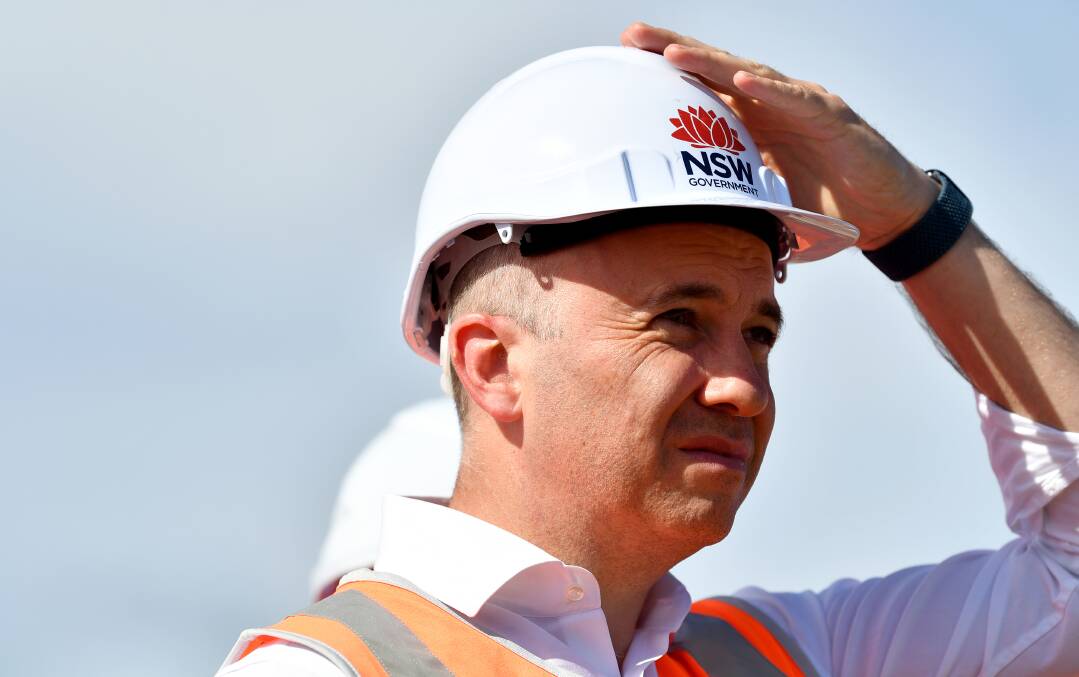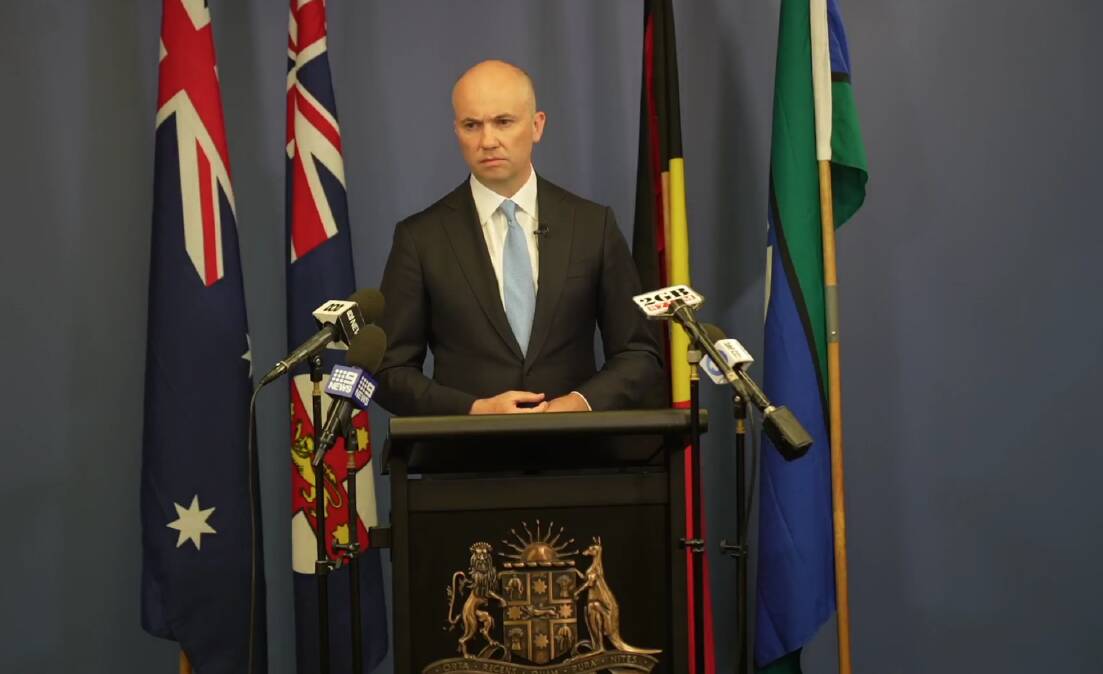
TREASURER and Energy Minister Matt Kean today ruled out an increase in the percentage rate of coal royalties, at a media conference called to announce the Perrottet government's electric car policy.
The Newcastle Herald understands that a feared royalty hike was one of about half a dozen major points raised by the coal industry at an online meeting with Deputy Premier Paul Toole on Monday afternoon.
NSW budget papers state that rising coal prices from mid-2021 had provided $810 million more than predicted to the coal royalty take - lifting it to $3.8 billion at last June's state budget - and industry sources believe next week's budget update could indicate a 2022-23 total of as much as $6 billion.
Industry sources say the extra income would be more than enough to pay for the power station and consumer subsidies at the heart of the federal government's domestic coal price cap of $125 and the accompanying domestic coal reservation policy legislated in December by the state government.
The sources say neither government seriously consulted with the industry before announcing the policies, which have led BHP to warn that they could force an early closure of the giant Mount Arthur mine, which the company had hoped to run until 2030.
Asked about BHP's threat at the press conference this morning, Mr Kean said it was "not unreasonable" to have coal set aside for domestic use at a time when BHP and other companies were making record profits on export coal.
Asked twice whether he was intending to raise coal royalties, Mr Kean repeated variations of his Monday comments about coal companies "cashing in on Putin's power prices".
Asked again whether he could rule out a royalty rise (as Queensland did last year), Mr Kean said "yes we can".
Defending his position, Mr Kean said the coal reservation policy was worked out in conjunction with the federal government's $125 a tonne price cap.
"What we have asked is them to reserve a portion of coal for a short period to deal with Putin's power price rises," Mr Kean said.
"This is the Commonwealth's coal cap we are implementing for a short period here in NSW.
"We don't think its unreasonable that these companies that are making super profits to support Australian families and businesses at this time."
Mr Kean repeatedly referred to BHP making "$47 billion in profits largely because of increases in coal and copper prices".
However, the company's 2022 annual report shows iron ore, with before tax earnings of $US21.7 billion ($30.8 billion), was the biggest earner, with coal bringing $9.5 billion ($13.5 billion) and copper $8.6 billion $12.2 billion), from a total pre-tax profit of $US40.6 billion ($57.7 billion).
Attributable profit to BHP shareholders was $US30.9 billion, or $43.8 billion at the current exchange rate.
Both governments continue to blame higher coal and gas prices on the war in Ukraine but as the Herald has reported, coal prices began rising sharply well before the conflict constricted supplies in Europe through Western sanctions on Russian exports.
The Herald understands that supply-side shortages were discussed at Monday's meeting, with the government told that easing approval restrictions on coal reserves adjacent to existing mines would secure sufficient reliable supply for the remaining time the state's coal-fired power stations are likely to operate.
The meeting also pointed out to Mr Toole that NSW power stations were set up to burn low energy coal that was cheaper than the two export types; 5500-kilocalorie high-ash coal ($190 a tonne last week ) and top-quality 6000-kilocalorie coal ($500 last week).
Other concerns included the possibility of road-hauled coal, given that not all power stations have rail sidings, and the "sovereignty" risk to industry investors, especially Japanese companies that were both the export industry's major customers, and shareholders - often with minority stakes - in some of the state's export mines.








